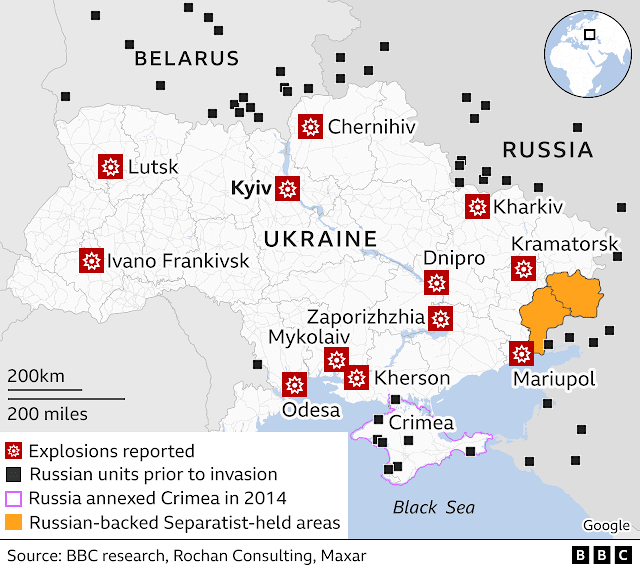ANALYSIS: How would the Israeli Airforce Strike at Iran?
As the a return to the JCPOA continues to prove illusive, Iran's arch-nemesis, Israel is being forced to consider alternative options when it comes to halting Iranian nuclear ambitions. The prime alternative, is a military strike against Iranian nuclear facilities, to force a halt to Tehran's march to a nuclear weapon. The geopolitical implications of such a strike are wide ranging and multifaceted, but it is the actual practicalities of the strike itself that may be the biggest quandary for Israel. As such, we will analyse the logistics and feasibility of such a strike, to see if the Israeli proposal of military action is a truly credible threat.
Israeli Air Power
Israel currently has acquired a fleet of F-15s and F-16s, as well as fifth-generation, F-35 II jet fighters. Many of these fighters are unique F-35I 'Adir' variants, built to incorporate Israeli-built systems. These fighters are stealthy, a key element that will be required in order to hit the multitude of nuclear sites deep within Iran. To counteract this threat, Iran purchased high-altitude S-300 air defence missiles from Russia, that are capable of posing a significant threat to the less stealthy F-15s and F-16s. This isolates the F-35s as the appropriate medium by which Israel could attack Iran.
However, range is another issue for Israeli forces. The F-35s when armed, only have an approximate range of 650 miles, which is insufficient for a round trip from Israel to strike Iranian nuclear sites. Thus, to strike at Iran, the F-35s would need to be accompanied by tanker aircraft, which could limit the element of surprise. Ever the innovators, Israel is addressing this weakness by developing external fuel tanks that should double the F-35s combat range. These fuel tanks would be conformal, meaning the external tanks would operate in a way that should preserve the fighters stealth capabilities. With these developments, Israel would be more than capable of having the range to stealthily attacking Iranian facilities.
The Correct Weapon
The final logistical hurdle for Israel to cross is possessing the appropriate armaments with which to strike the Iranian facilities. Many of the facilities are buried deep underground, making air attacks highly difficult. The Fordo reactor is an exemplar of this and is also the reactor involved in enriching uranium to levels that breach the 2015 nuclear deal. Bombs to penetrate this depth do exist, with the 13,600kg GBU-57 Massive Ordinance Penetrator certainly capable of doing so. But this weapon is owned by the United States, who have thus far refused to provide them for Israel. And even if they did, the current F-35s would be incapable of carrying it. Certain American officials have suggested leasing or selling Israel the B-52, B-1 or B-2 bombers, which are capable of carrying the GBU-57, but doing so would be difficult due to America's New START treaty with Russia. Nonetheless, last week Israeli media detailed government plans for a $1.5 billion budget for an attack on Iranian nuclear facilities. This budget apparently covered special munitions to penetrate Iran's nuclear underground sites, possibly overcoming the hurdles of acquiring the appropriate ordinance.
Ultimately, this leaves the likelihood that Israel has the facilities and the financial backing to ensure that they could develop the appropriate equipment to strike at Iran. The most limiting factor may not be the bomb or the aircraft (which reports suggest they could have ready in a matter of months) but the possible cost of Iranian retaliation. Though Iran does not have the aerial capabilities of Israel, it does have its vast proxy networks across the Middle East, particularly in neighbouring Syria and Lebanon, through Hezbollah. Through these organisations, Israel could be bought to a state of siege. Much then would depend on the responses across the Middle East and the wider world. Would the US support its ally? Would the Arab Sunni states support Israel too? Would this propel Lebanon into deeper civil strife? There are a multitude of geopolitical implications from an Israeli strike, with perhaps the logistics of the strike itself being the least of Tel Aviv's worries.
 |
| An F-35 above the contentious Middle Eastern skyline. |


Comments
Post a Comment